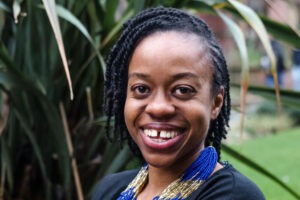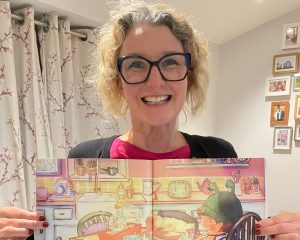Keisha Swaby outlined this hack on episode 7 of The Dyslexia Life Hacks Show.
Struggling to get something done? Sitting up late at night banging your head against the wall not helping? Then skill swap with your friend who is awesome at it (they can also help patch you up, after hitting your head against the wall).
We all have strengths and weaknesses and no one person is brilliant at everything. Swapping a skill is a powerful way of getting the task done on time and learning new skills from your friends and colleagues, in time teaching them new things too!
They can help teach that skill you are struggling with, and in return you can help with a skill they’re having bother with. It is a great way of building strong relationships, social connections, and camaraderie.





